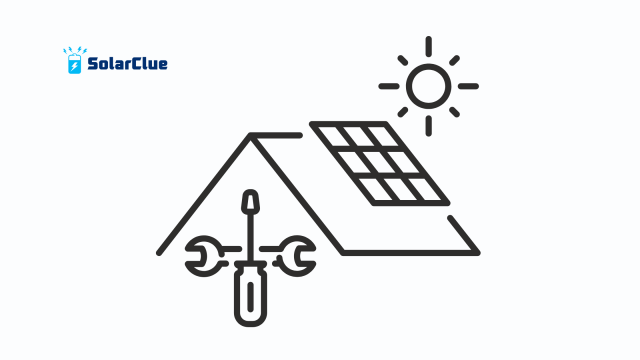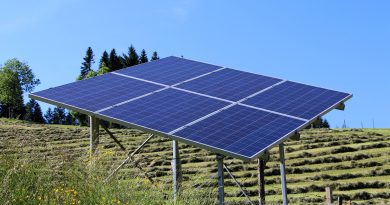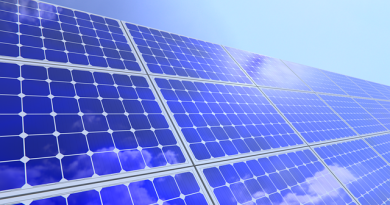Flaws of Solar Panels: What You Need to Know
As the demand for Solar Energy continues to soar, more homeowners and businesses are investing in solar panels to reduce energy bills and shrink their carbon footprint. While solar power has many undeniable advantages, it’s crucial to also understand the potential flaws of solar panels before making a decision. This article covers the most common issues, providing a balanced perspective that will help you make an informed choice.
Table of Contents
- 1 1. Initial Cost of Installation
- 2 2. Weather Dependency
- 3 3. Energy Storage is Expensive
- 4 4. Space Requirements
- 5 5. Efficiency Limitations
- 6 6. Aesthetic Concerns
- 7 7. Maintenance and Cleaning
- 8 8. Long Payback Period
- 9 9. Decline in Efficiency Over Time
- 10 10. Challenges in Recycling
- 11
- 12 11. Grid Dependency in Hybrid Systems
- 13 12. Regulatory and Permitting Issues
- 14 13. Performance Varies by Location
- 15 14. Limited Lifespan of Inverters
- 16 15. Cybersecurity Risks in Smart Systems
- 17 Final Thoughts
- 18 FAQs
1. Initial Cost of Installation
One of the most significant flaws of solar panels is the high upfront cost. The expense includes not just the panels themselves, but also inverters, batteries (if off-grid), wiring, and professional installation. Even with subsidies, the initial investment can be a financial hurdle for many.
2. Weather Dependency
Solar Power generation depends heavily on sunlight. On cloudy or rainy days, Solar Panel Efficiency drops significantly. While panels can still work under low light, the power output is reduced, making it less reliable in regions with frequent overcast weather.
3. Energy Storage is Expensive
While solar panels can generate electricity during the day, storing that energy for use at night requires expensive battery systems. These batteries increase the overall cost and may require regular maintenance or replacement every 5–10 years.
4. Space Requirements
To generate enough electricity for an average home, multiple solar panels are needed. This demands a large roof space or ground area with direct sunlight exposure. Urban homes or apartments may not have the required space, limiting feasibility.
5. Efficiency Limitations
Despite technological advancements, Solar Panel Efficiency remains between 15% to 22% for most commercially available panels. This means a significant amount of sunlight goes unused, especially during suboptimal weather conditions.
6. Aesthetic Concerns
Some homeowners find solar panels visually unappealing. Although innovations in solar tiles and sleeker panel designs are emerging, traditional panels can still affect the aesthetic of a building.
7. Maintenance and Cleaning
Although solar panels are generally low-maintenance, they are exposed to outdoor elements. Dust, bird droppings, and snow can accumulate on the surface, reducing Solar Panel Efficiency and requiring periodic cleaning, especially in dusty regions.
8. Long Payback Period
Depending on the installation cost and local electricity rates, the payback period can range from 7 to 20 years. This long recovery time is one of the main flaws of solar panels, especially if the homeowner relocates before reaping the full benefits.
9. Decline in Efficiency Over Time
Like all technologies, solar panels degrade over time. Most panels lose about 0.5% to 1% efficiency per year. After 25–30 years, they may still work but at reduced capacity, which can affect long-term savings.
10. Challenges in Recycling
Disposal and recycling of solar panels is a growing concern. Many components, such as silicon and heavy metals, require specialized recycling processes, which are not widely available. This raises questions about sustainability.
11. Grid Dependency in Hybrid Systems
Hybrid systems still rely on the electrical grid during peak hours or when sunlight is insufficient. This means you’re not completely energy-independent unless you opt for a full solar power system with efficient battery backups.
12. Regulatory and Permitting Issues
Installation often involves complex permits and regulations, varying by location. Navigating these can be time-consuming and may delay installation. Hiring a qualified installer is crucial to streamline this process.
13. Performance Varies by Location
The viability of a solar power system greatly depends on geographic location. Regions closer to the equator get more sunlight, making solar panel use more effective than in northern or highly forested areas.
14. Limited Lifespan of Inverters
While solar panels can last up to 30 years, inverters typically need replacement every 10–15 years. This adds to maintenance costs over the lifetime of your solar power investment.
15. Cybersecurity Risks in Smart Systems
Modern solar power systems often come with smart monitoring and control features. These can be vulnerable to cybersecurity threats if not properly secured, which could compromise your energy data or control.
Final Thoughts
Despite the flaws of solar panels, the benefits often outweigh the downsides. Choosing the best solar panel suited to your location, energy needs, and budget can minimize these issues. It’s also important to work with reputable providers like SolarClue to ensure a reliable and customized setup. For more in-depth insights, visit blog.solarclue.com.
By understanding these potential drawbacks, you’ll be better prepared to make an informed, long-term investment in Solar Energy. Whether you’re exploring the best solar panel for home or a commercial solution, informed choices lead to smarter energy decisions.
FAQs
1. Are solar panels worth the investment despite their flaws?
Yes, with falling costs and improved efficiency, solar panels are still a wise long-term investment, especially in sunny regions.
2. Can I install solar panels if I live in a cloudy area?
Yes, but Solar Panel Efficiency will be lower, and you may need more panels or a hybrid system.
3. How do I choose the best solar panel for my home?
Consider your energy needs, location, and roof space. A certified installer can provide tailored recommendations.
4. What is the typical lifespan of a solar panel?
Most panels last 25–30 years, with performance gradually declining over time.
5. Can I go completely off-grid with solar?
Yes, but it requires a comprehensive solar power system including efficient batteries and higher initial investment.
Make your switch to Solar Energy an informed one. For expert advice, latest trends, and buying guides, visit solarclue.com or explore more resources at blog.solarclue.com.




